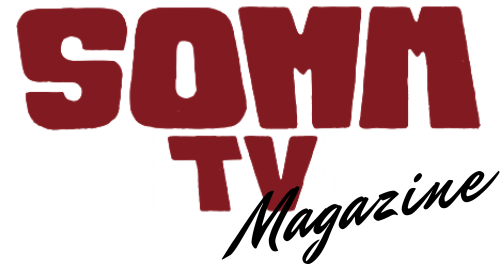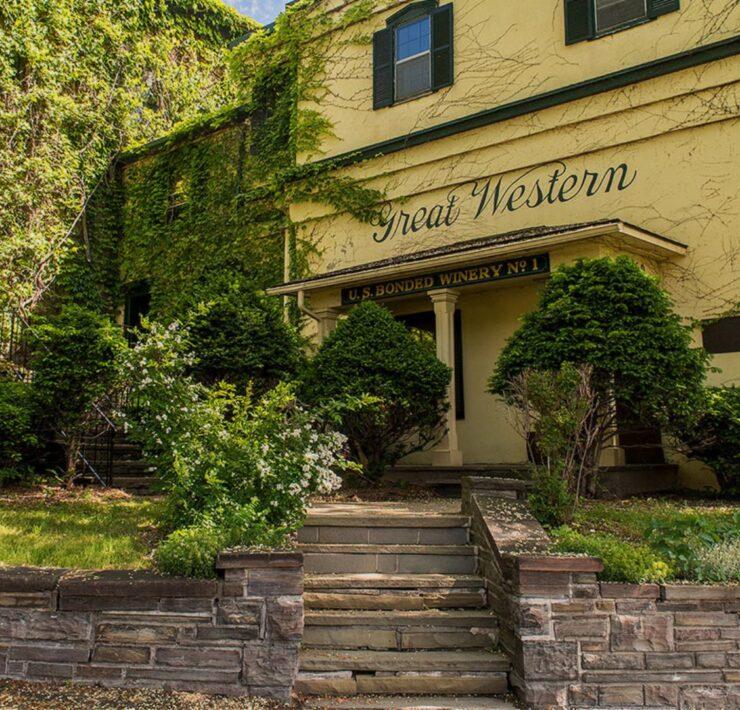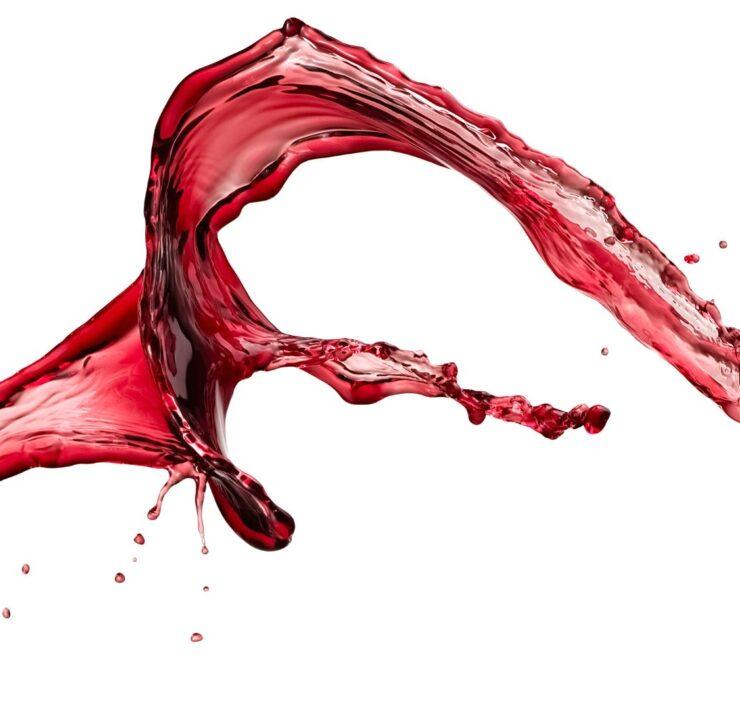The fascinating thing about wine is its ability to bring together many industries. Wine doesn’t exist in our glass without farmers, scientists, or a sales team. The scientific portion of winemaking is arguably the broadest; there’s biology in the vineyard and chemistry in the winery. Even the science of AI technology is finding space in the wine world. Tastry, founded by Katerina Axelsson, uses AI technology to predict consumer taste preferences.
Tastry’s proprietary chemistry methodology is two-fold. First, it streamlines shopping experiences for potentially overwhelmed consumers at the shelf level. But the California-based sensory sciences company goes deeper than recommending wines based on taste preferences. Currently, Tastry works with over 150 wineries and retail clients and provides them with proprietary AI-driven palate data that help them make crucial decisions on what blends to go to market with, who to target with their marketing, and where to focus their distribution.
Axelsson is a graduate of Cal Poly with a B.S. in Chemistry. Before Tastry’s inception in 2016, she worked at a custom-crush facility and noticed that one of their batches imprinted with two different labels received drastically different industry scores. Then and there, her work began teaching a computer how to taste, resulting in a more science-based approach to wine tasting and scoring.
We recently chatted with Axelsson about being an innovator and why she’s driven to revolutionize this side of the industry.
What aspects of your personality makes you a natural innovator?
If I’m not failing, I’m not innovating. That has always been my mantra. I have always been very curious about how things work. I like to dive deep and understand any topic I find interesting. When I need to relax, I like to read research papers. I find it calming and cathartic; I love “connecting the dots”. My friends, business partners, and family say I have a vivid imagination, which may explain my need to challenge the status quo.
When did you realize you were an innovator?
I have always tended to embrace opportunities and encourage others to innovate. My natural state is ‘mad scientist’. I love hypothesizing new approaches, and I equally enjoy proving or disproving my assumptions. One of my first memories of innovation was a game I created as a child, playing with friends. As the owners of a coffee shop, our goal was to increase margin and revenue by restructuring the menu.
I realized that I could be an innovator when I could prove and disprove my hypothesis for some of my experiments. For example, a new analytical chemistry method can ‘break down the flavor matrix’ in one snapshot.
Describe the moment in your career when your passion for wine shifted to focus on the business of wine.
As a college student working as a part-time chemist in a winery, I invented a simple method to reduce the amount of sulphur used to make wine by 35%. That simple invention taught me that even in a legacy environment such as the wine industry, there was tremendous potential to innovate and amazing winemakers who are open to new ideas.
After four years of collaborating with chemists, winemakers, sensory experts, and mathematicians, we discovered the massive potential of a technology that can essentially teach a computer how to taste. The challenge was, which of the thousands of use cases should we focus on to bring the most value to the industry today vs ten years from now? Filtering through all the possible applications of the technology, and applying it to an actionable business case for customers, was just as important, exciting, and challenging as the innovation itself.
Describe a time when you were sure you couldn’t accomplish what you were hoping for but ended up succeeding.
I can’t think of a time when I was sure I couldn’t accomplish something. My pathology tends to be the opposite. I tend to think I can achieve anything. It’s just a matter of resources. However, in that paradigm, the list of things I thought I could accomplish, but couldn’t, is prodigious. But that speaks to my nature. I want to make everything better, but sometimes the status quo is still the best, for now; or more likely, I just wasn’t smart enough to see the solution.
How do you foster innovation among those on your team?
It starts with the right people. We look for exceptional people in their area of expertise, who are self-motivated, and able to self-manage their day-to-day activities. Our culture is a relatively unstructured environment, and I have found that most people are uncomfortable with that despite claims to the contrary. Most of our people completely own their area of expertise. If they don’t do it, it won’t happen; there is no manager to hold their hand. The entire team is relying on them to perform. That is too much stress for most people, but that is heaven for the right people. Those are the people we are looking for.
We have a culture and dynamic that encourages people to question the status quo every day. At Tastry, failure is an expectation, but giving up is not. I have found I cannot buy those personalities with paychecks. They tend to be motivated by their ability to make meaningful contributions to their teams and the broader world; making a significant impact is the remuneration they crave. We provide the space for them to innovate in pursuit of that goal.
What kind of innovation are you excited to see in the wine industry? Either in the near or distant future.
I think the ability for any consumer to get any wine, from anywhere in the world, economically and overnight. That would excite me. If someone has solutions to this, there might be a spot for you at Tastry. 🙂
What wine region do you believe is being the most innovative with their winemaking?
I see innovation in every winemaking region. From dealing with climate change to consumer marketing. My exposure to the industry may have bias, but everyone we work with is innovating. The Australians are exploring novel smoke-taint amelioration, Americans are exploring new varietals, Europeans are exploring cross-border DTC, and the whole industry is exploring ready-to-drink, low alcohol, and exotic oak profiles. From exclusive clubs to the local grocery store, everyone seems to be focusing on providing every consumer with the best possible product. That is heartening.
If you had $1 million to implement a new idea to push the industry forward, what would it be?
I would add that investment towards our current efforts to increase the visibility between wines and palates. We are working collaboratively on a solution that would help consumers identify and acquire rare and uncommon wines and wine brands to take the guesswork out of potentially risky outcomes.
And because wine is fun, what’s your go-to beverage after a long day?
At Tastry, they call me ‘Bubbles’ because I enjoy sparkling wine so much, and it’s my go-to beverage for almost any occasion. I especially love a good brut nature!







